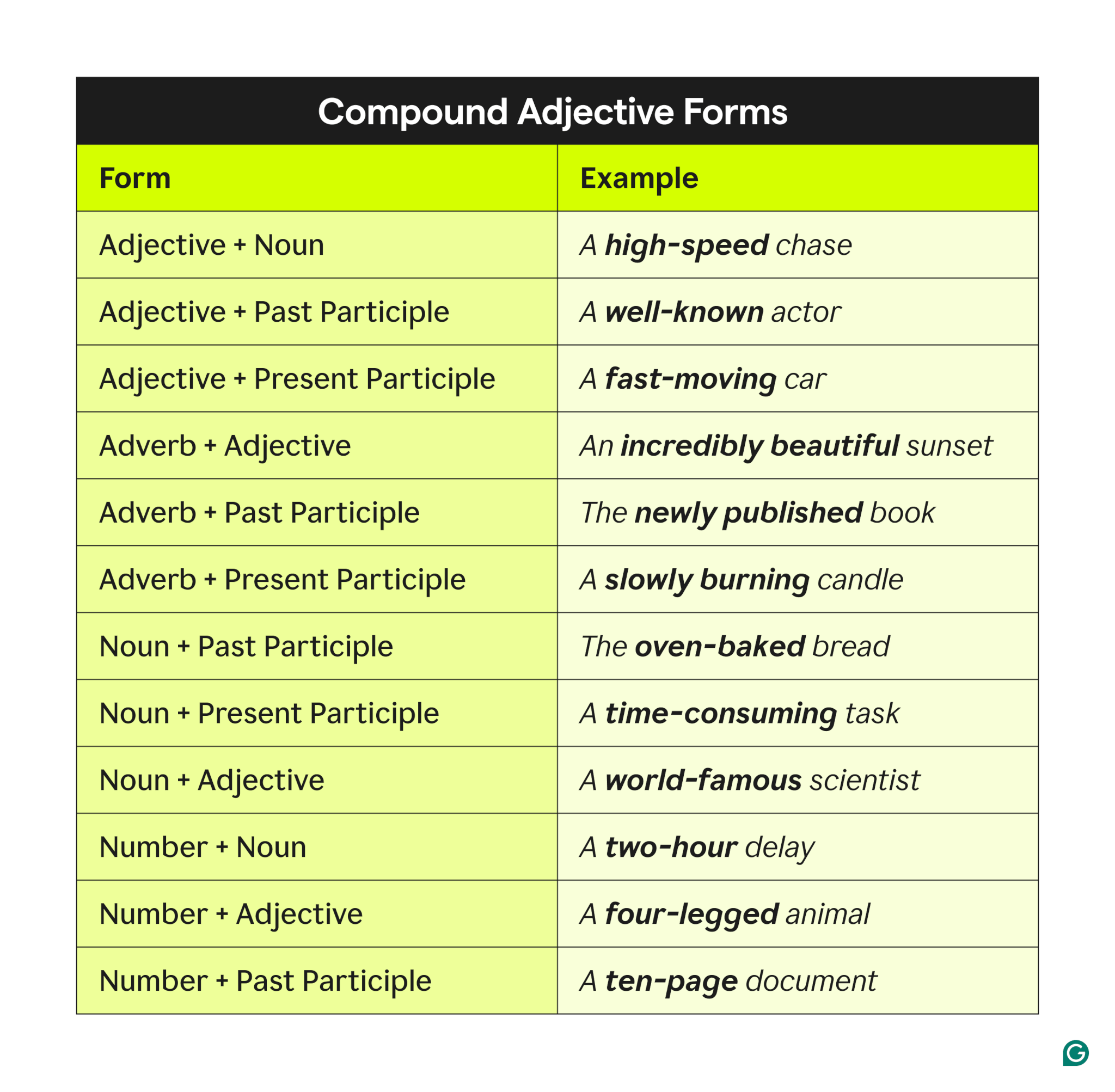Understanding the difference between adjectives and verbs is crucial in mastering the English language. Both adjectives and verbs play important roles in forming sentences, but they serve different purposes. Let’s explore the distinctions between these two parts of speech.
Adjectives are words that describe or modify nouns or pronouns. They provide more information about the noun or pronoun by answering questions such as “What kind?” “Which one?” “How many?” Adjectives can be used to add detail and specificity to a sentence, making it more descriptive and engaging.
Difference between Adjective and Verb
One key difference between adjectives and verbs is their function in a sentence. While adjectives modify or describe nouns and pronouns, verbs express actions, events, or states of being. Verbs are the backbone of a sentence, indicating what the subject is doing or what is happening. They are essential for conveying meaning and creating coherent sentences.
Another distinction between adjectives and verbs is their placement within a sentence. Adjectives typically come before the noun they modify, whereas verbs usually follow the subject of the sentence. For example, in the sentence “The beautiful flowers bloomed in the garden,” “beautiful” is an adjective that describes the noun “flowers,” while “bloomed” is a verb that indicates the action of the flowers.
Additionally, adjectives can be used to compare or rank nouns, such as in comparative and superlative forms (e.g., “taller,” “tallest”). Verbs, on the other hand, can be conjugated to indicate tense, aspect, and mood, allowing for a greater variety of meanings and nuances in a sentence.
It’s important to note that some words can function as both adjectives and verbs, depending on their usage in a sentence. For example, the word “fast” can be an adjective (e.g., “a fast car”) or a verb (e.g., “to run fast”). Understanding the context and role of a word in a sentence is key to determining whether it is functioning as an adjective or a verb.
In conclusion, adjectives and verbs serve distinct purposes in the English language, with adjectives providing description and modification of nouns and pronouns, while verbs convey actions and events. By recognizing the differences between these two parts of speech and their respective roles in sentences, you can enhance your language skills and communicate more effectively.
